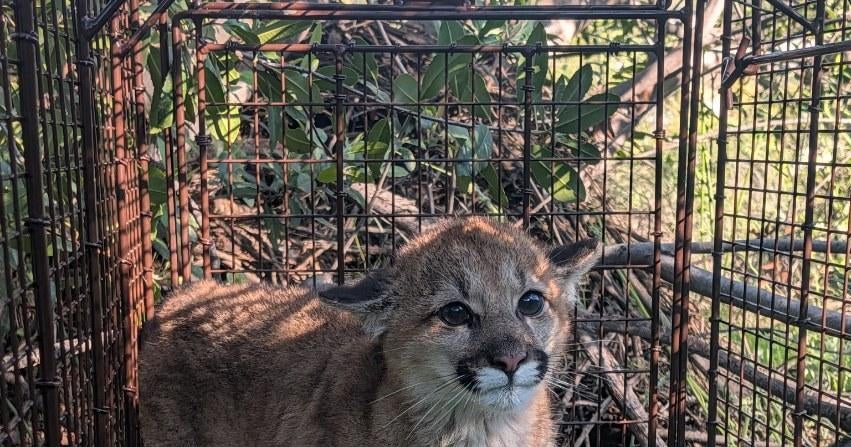Invasive "jumping worms" threatening plants, forests and wildlife in dozens of states: "These are earthworms on steroids"
A ravenous species of earthworm has arrived in Connecticut with the potential to cause all sorts of damage to plants, forests and wildlife. The so-called jumping worms have already been found in over 30 states.
Jumping worms can destabilize the soil and make it harder for some plants to grow, Connecticut state scientist Gale Ridge told Hearst Connecticut Media Group. They also can accumulate toxic metals like mercury and lead, which are then eaten by birds and other animals.
They don't actually jump, but have strong, rigid bodies that can whip violently if they are disturbed. They also can climb, and have been found in the upper stories of buildings.
"These are earthworms on steroids," Ridge, who works for the entomology department at the Connecticut Agricultural Experiment Station (CAES) in New Haven, told the news group.
The worms, originally brought from Japan in the 1940s to feed platypuses at the Bronx Zoo, are spread mostly through the transport of mulch, compost and potted plants, and have been found throughout the state but mostly along the shore and in Fairfield County.
They spread in New York through downed trees after Superstorm Sandy, CAES said.
Ridge advised not buying compost or mulch unless the seller can prove it has been heat-treated from 105 degrees to 131 degrees for at least three days, and not buying worms on the internet.
According to CAES, the worms have a variety of colorful nicknames — crazy worms, crazy snake worms, Georgia or Alabama jumpers, Jersey wigglers, wood alves, or sharks of the earth.
The organization says jumping worms can increase greenhouse emissions from the soil by 50%, threatening the extinction of local plants. The worms also threaten to eradicate soil animal communities, negatively impacting millipedes, salamanders and ground-nesting birds.




